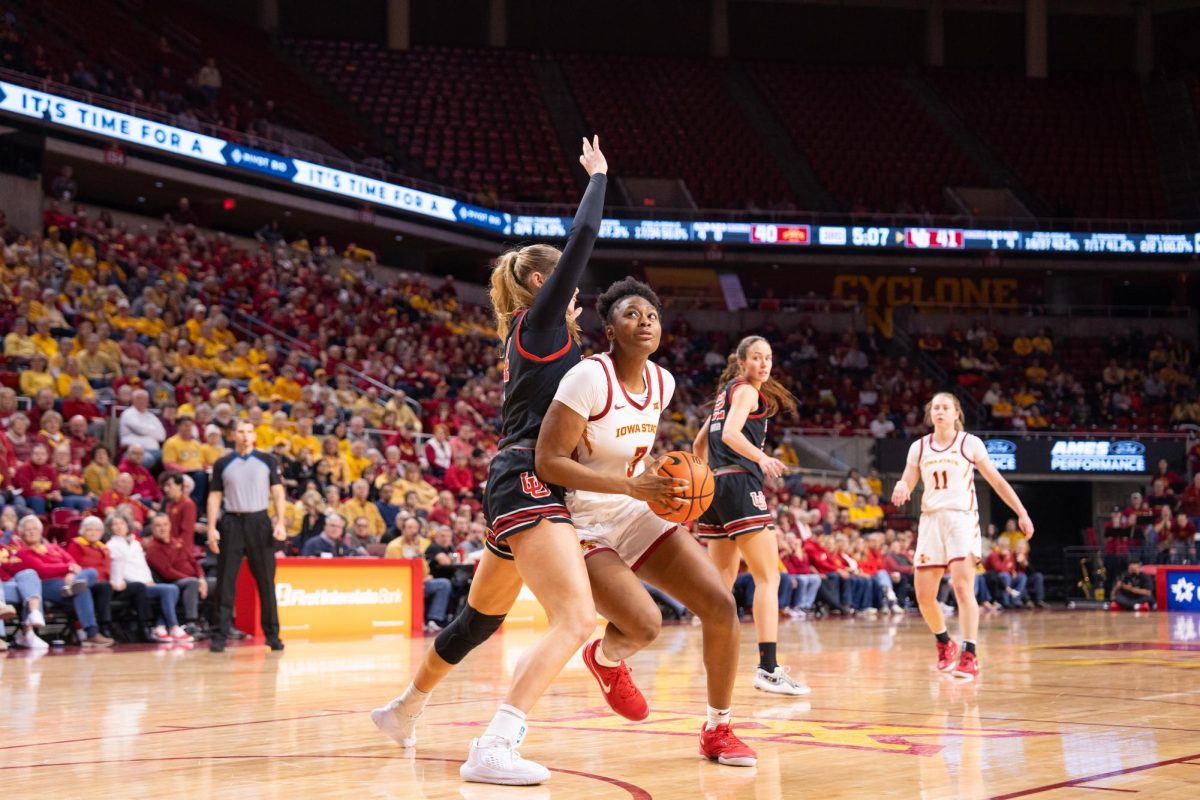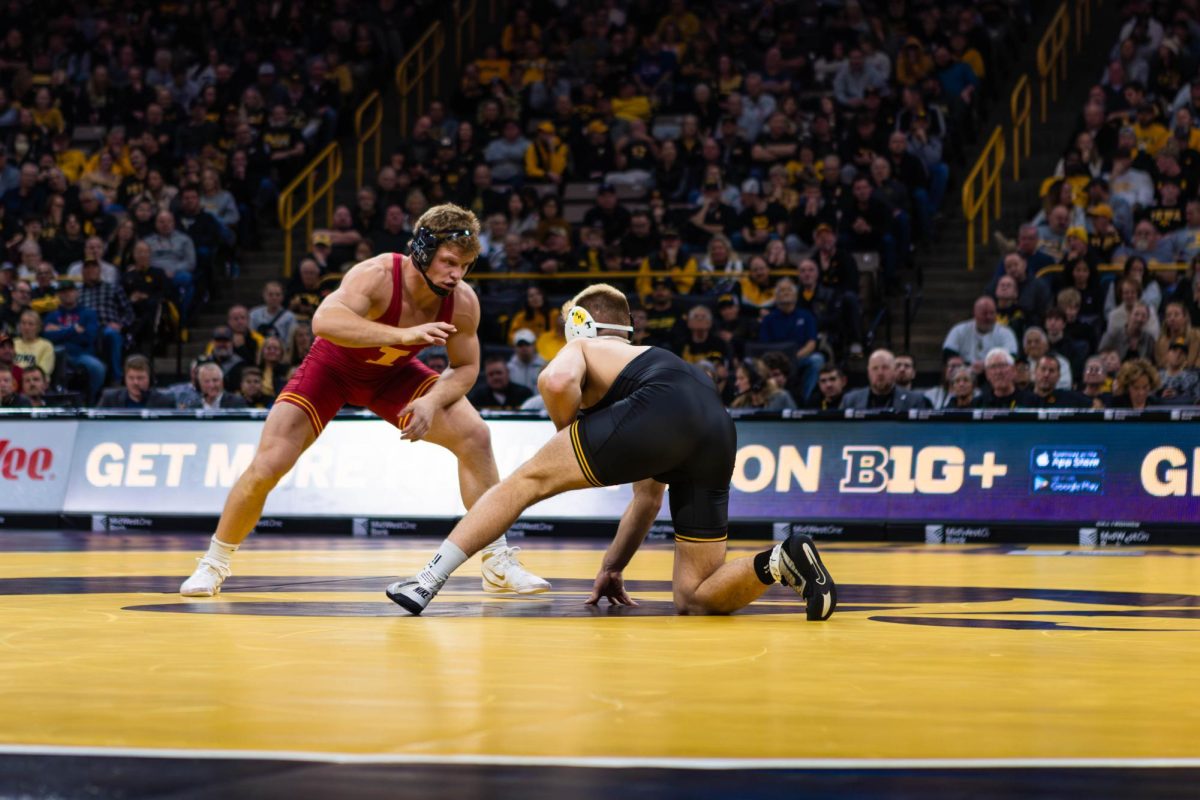Carnegie Jazz Band electrifies Stephens
March 3, 2000
Don’t show up late, or you may have to sing. An audience member learned that lesson quickly Thursday night at Stephens Auditorium as the Carnegie Hall Jazz Band entertained an Ames crowd.
“It’s a 7:30 show, ma’am,” music director Jon Faddis told the audience. “When we were in Minneapolis, we made people go up on stage and sing with us. Come on up here.” Faddis wasn’t joking. The late arrival had to sing along to the song “When You’re Smiling” by Louis Armstrong.
That incident was only the beginning of Faddis’ interaction with the audience. The entire concert was laced with humor directed at those watching.
The band was able to showcase jazz in the way Duke Ellington and Louis Armstrong wrote it. Every member of the ensemble showed his worth through both in-your-face and quiet melodic solos.
Audience members could be heard ooh-ing and ah-ing, and they were awestruck when Faddis would step to the microphone.
Faddis showed why he is known as one of the best trumpet players in the world. His clear, crisp tones and ability to play incredibly high notes kept audience members enthralled for three hours.
Faddis could almost have been mistaken for Armstrong himself when he sang along to the songs “When You’re Smiling” and “Stardust.”
The band, dressed in concert black, opened the show with “Jubilee.” Another crowd favorite was “West End Blues,” which Faddis said introduced the world to jazz.
Faddis also introduced the ensemble, which included drummer Dana Hall. Faddis mentioned that Hall graduated from Iowa State with a degree in aerospace engineering.
After intermission, the complete composition of “Black, Brown and Beige” was performed. Faddis read the introduction that “The Duke” himself told the audience back in Carnegie Hall in 1943.
When this song was finished, Faddis and the band just couldn’t leave. The crowd gave two standing ovations and refused to let the band go. The band’s encore piece was titled “Duke Takes a Train.” The title was a nod to famous band director Lawrence Welk, who made the mistake of introducing Ellington’s song as “Take a Train” instead of “Take the A Train.”
The performance ended with the ensemble slowly leaving the stage, still playing. Faddis teased the audience once more with a final note. The band’s performance was way above the staff.






